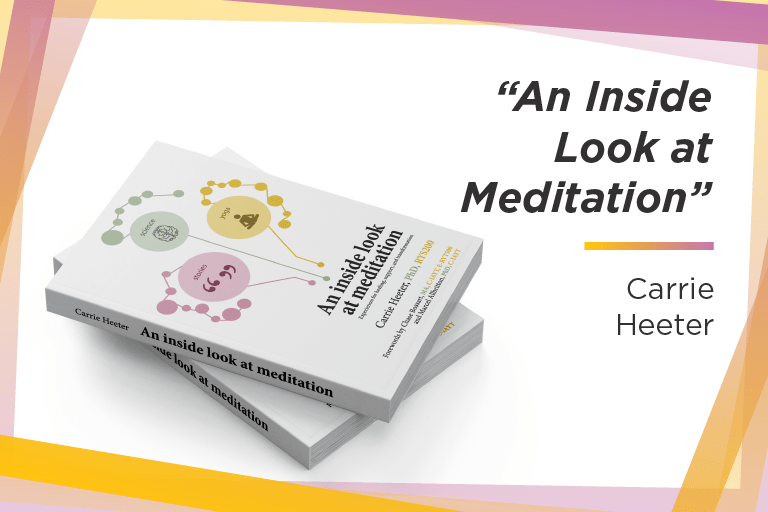Carrie Heeter Ph.D.
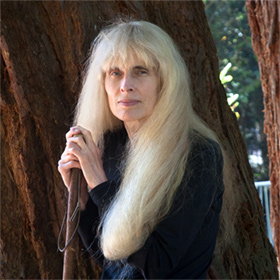
Bio
I came to MSU as a freshman in 1974. My academic degrees include a Ph.D. in Mass Media (1986) and a BA in Communication (1982), both from Michigan State University. I was founding director of the Communication Technology Laboratory (1980 to 2005) which has transformed into the thriving GEL Lab (Games for Entertainment and Learning) lead by Brian Winn. Since 1997, I have lived in San Francisco and continued in my role as full time professor for MSU, using a wide range of technologies to “telerelate,” teach, and collaborate with my colleagues and students in Michigan and around the world. I design and study technology-enhanced experiences. I have designed and directed development of more than 50 interactive experiences including meditations, learning and cognitive games and other technology-enhanced learning experiences, interactive learning systems, and patient empowerment software. I have published more than 100 books, chapters, articles, and proceedings about individual and social impacts of interactive technology, gender and gaming, and playstyles and player types. Right now I am most interested in Innovative applications of technology for delivering and studying meditation experiences. One focus is on outcome-based meditation (including specific productivity, well-being, and health outcomes). I am also exploring the idea of meditation as meaningful play, including ways of combining meditation and gaming as well as transmedia meditation.
Previously Taught Courses:
- TC841: Understanding Users
- TC830: Foundations of Serious Games
Roles
I am a Professor Emeritus in the department of Media and Information at Michigan State University (not currently accepting graduate students). I am currently a meditation teacher, author, and scientist. I run the Meditation Conversations online community and podcast.
Research and Teaching
Applications and effects of cybermeditation; cybermeditation for health and well-being; cybermeditation as meaningful play, mechanisms of meditation.
Research Centers and Labs
Related Work

Alumnus Brad Sayles Hits a Crescendo in Audio Career with Grammy
Read more
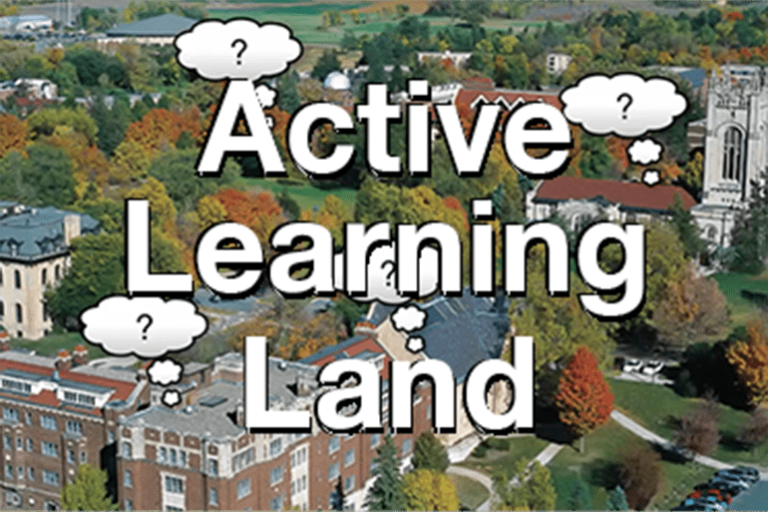
Serious Games: Counterintuitively Delightful
Read more
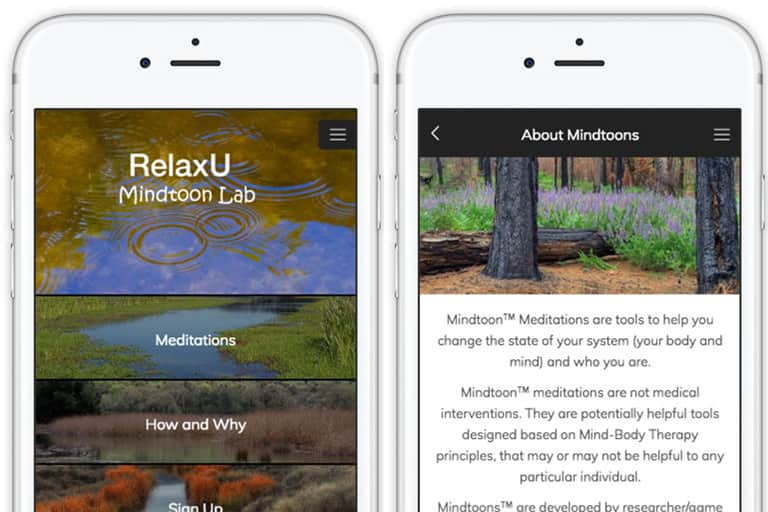
Meditate to Change Your State: MI Professor Publishes RelaxU App
Read more
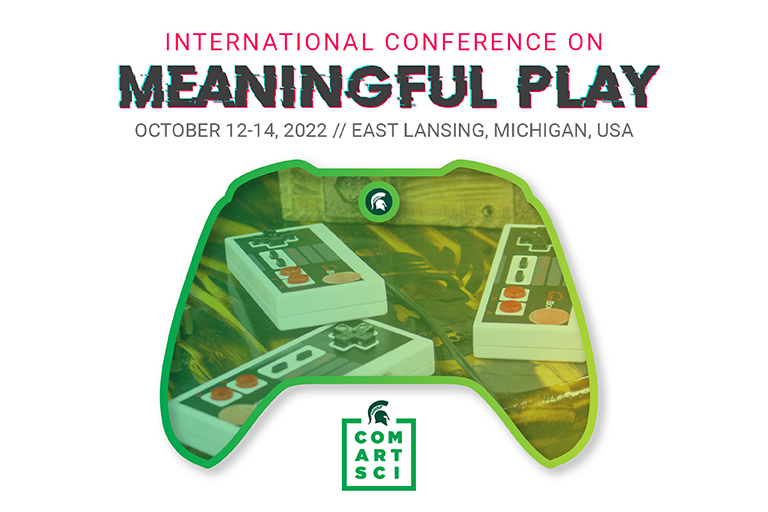
Meaningful Play returns to MSU for its seventh year
Read more
